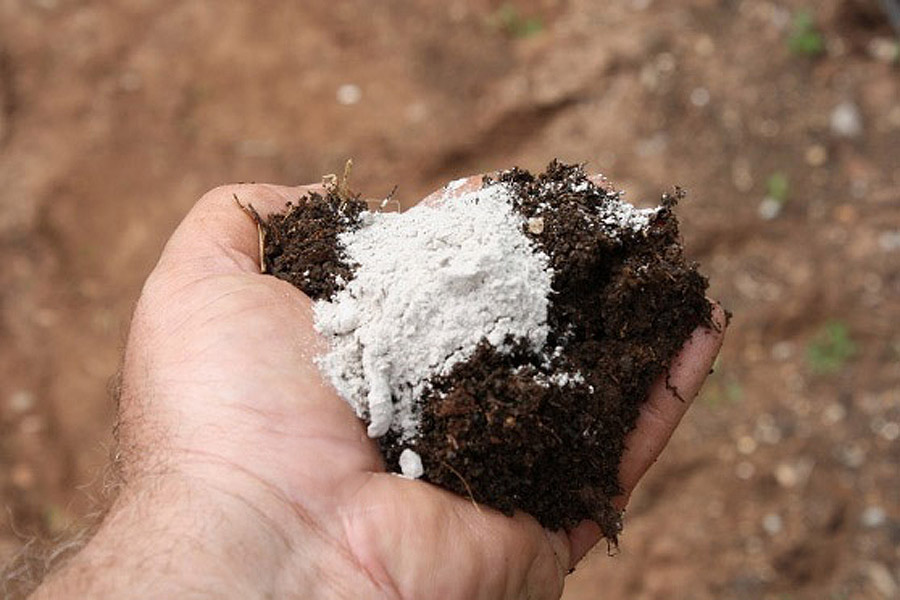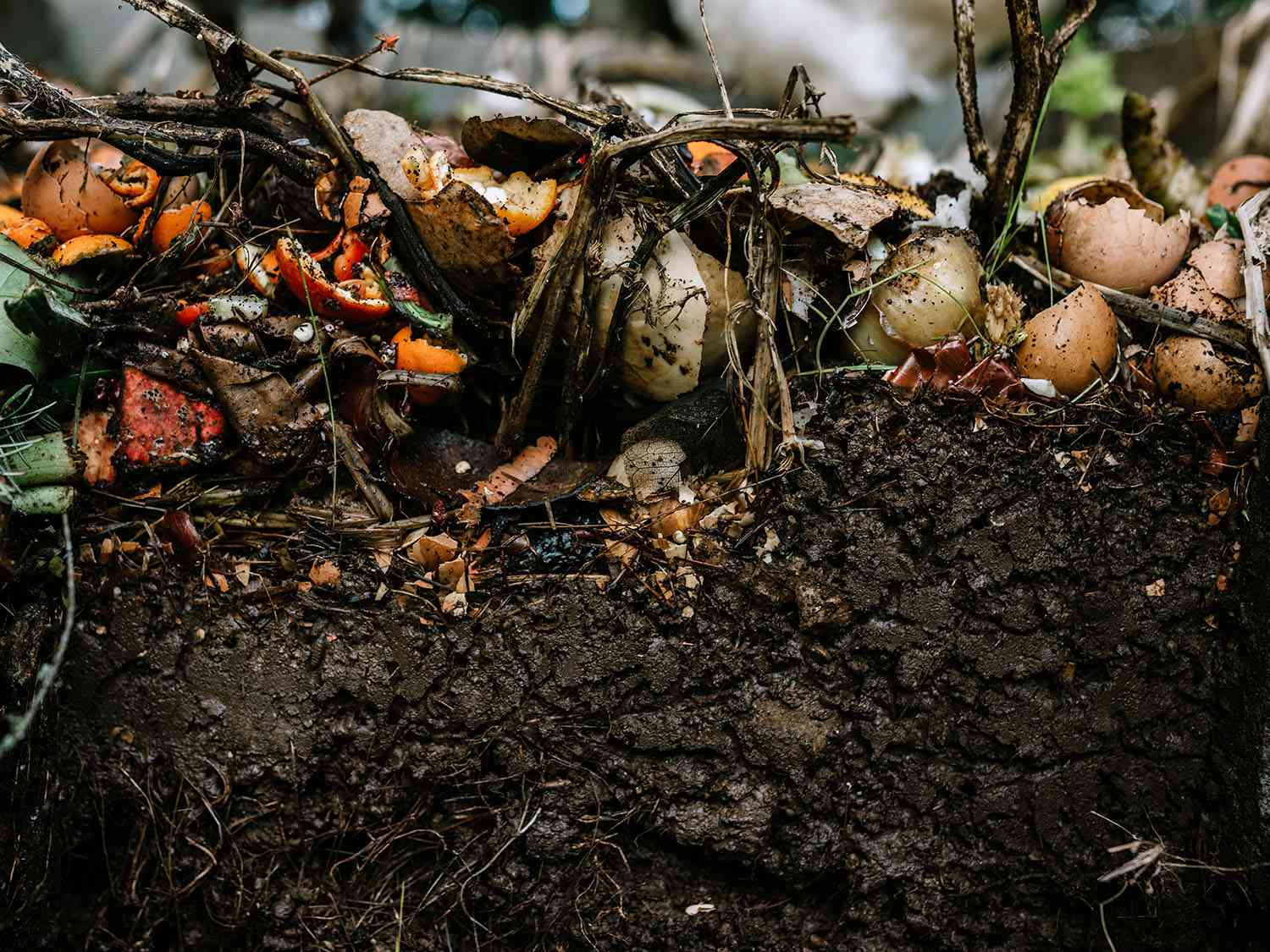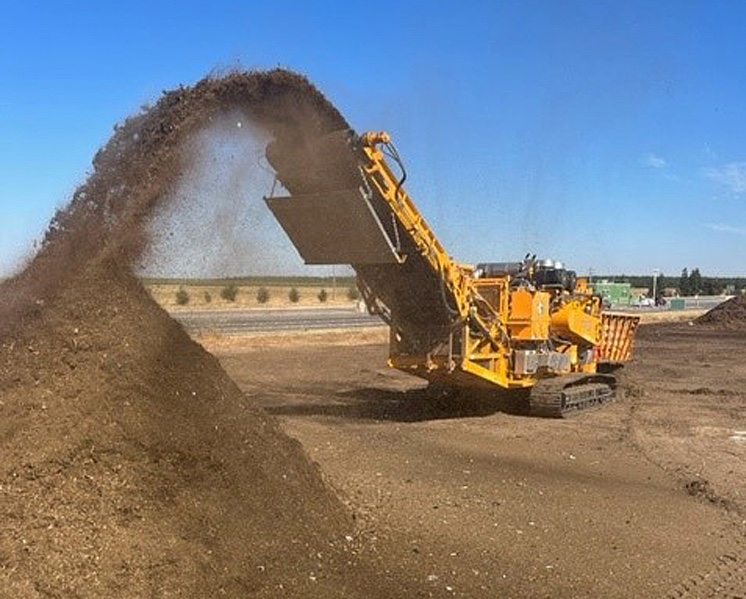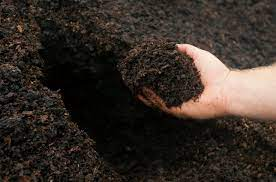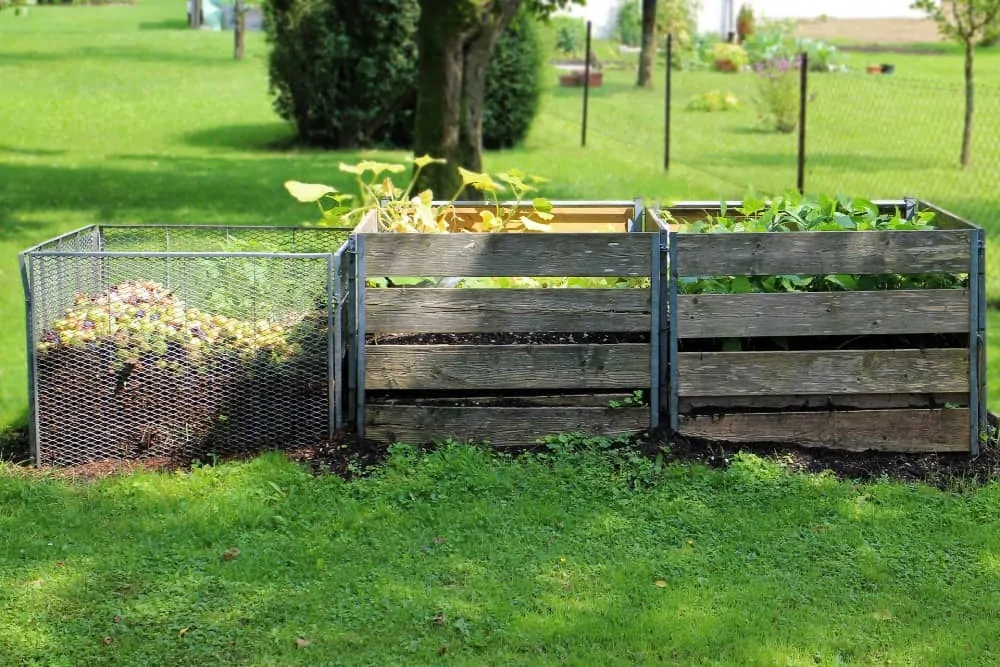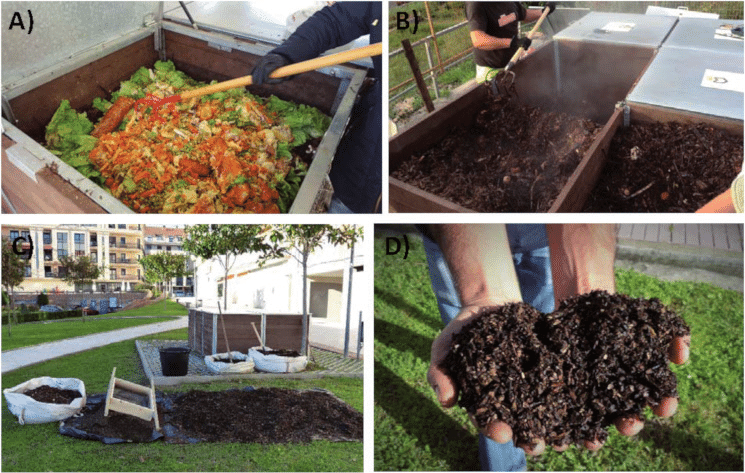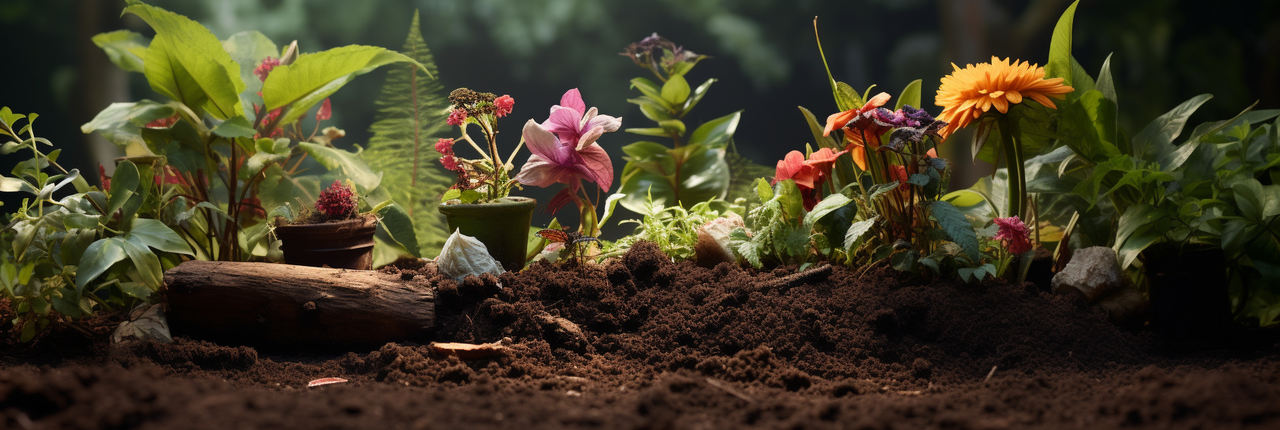How to build my compost pile?
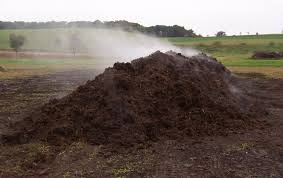
Compost pile
Not all locations in the garden are suitable for making compost. If possible, the compost pile should be set up in a shady part of the garden to prevent the compost pile from dehydrating.
Extreme weather conditions can discourage composting, so the location where the compost pile is located should be surrounded by a hedge, bean stand or wall planting to prevent it from being damaged by strong winds.

